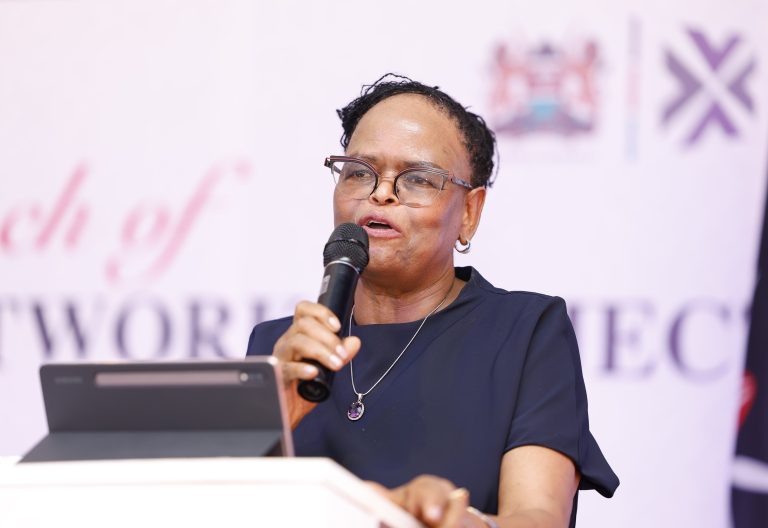Koome warns against graft in the Judiciary

Chief Justice and President of the Supreme Court of Kenya, Martha Koome, has issued a stern warning to magistrates and court users over involvement in corrupt practices.
Koome said that the Judiciary is committed to uprooting all forms of misconduct that fuel corruption, in a bid to uphold integrity and reinforce the justice system.
“We are firmly implementing zero-tolerance policies to stamp out this vice from our courts,” she said.
The CJ disclosed that there have been reported cases of fraudsters soliciting money from plaintiffs and defendants, falsely claiming to be representatives of magistrates or prosecutors.
She cautioned the public against falling prey to such scams, insisting that they do not send intermediaries to act on their behalf.
“Our judicial system is independent, impartial, and fair. No one is authorised to collect money or act as a go-between for judicial officers,” she stated.
Koome, who was speaking during the launch of the Local Area Network (LAN) Project at Msambweni Law Court in Kwale County, said that the initiative is part of a broader government and Judiciary effort to digitise court operations, reduce human interaction and curb bribery within the system.
“By embracing digital transformation, we are sealing loopholes that have allowed corruption to thrive. The LAN project will improve efficiency, transparency, and accountability in our courts,” she noted.
The CJ stated that the Judiciary is working to ensure all courts across the country are connected to digital infrastructure to support the automation of judicial processes.
Smooth operations
The use of technology, she noted, will not only accelerate case management but also ensure better access to justice for all citizens. She stated that LAN connectivity offers distinct advantages over the older reliance on WiFi.
The CJ said hardwired networks provide higher speeds, greater reliability and enhanced security, as well as support the high-definition video streams required for virtual court sessions, ensure faster e-filing and case tracking, and facilitate the smooth operation of administrative functions.
In addition to the LAN project, Koome revealed that the Judiciary has rolled out integrity committees in various courts.
Composed of judicial officers and court staff, the committees are tasked with promoting ethical conduct, monitoring court operations and providing oversight to prevent malpractice.
Speaking at the same event, ICT Cabinet Secretary William Kabogo said the rollout of the LAN project is part of the government’s transformative Digital Superhighway agenda aimed at creating a digitally empowered society.
“Digitising our courts is key to modernising judicial services. It will improve efficiency, reduce delays, and promote transparency in the administration of justice,” he said.
Kabogo noted that the initiative is not just about infrastructure but about making justice more accessible and inclusive for all Kenyans.
The CS assured that the ministry will continue to collaborate with the Judiciary and other stakeholders to ensure more courts are connected and digital systems are fully integrated.












